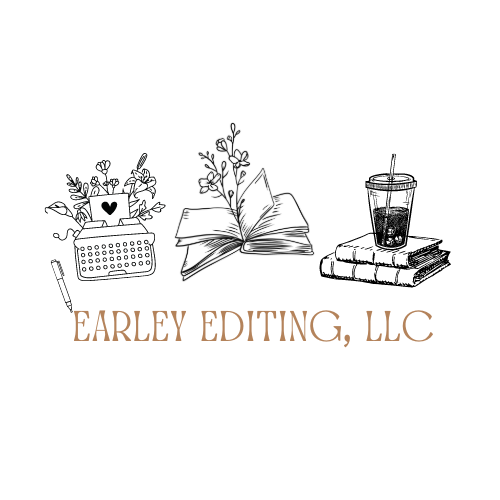Vanity Press vs. Self-Publishing: What are the Pros and Cons?
Vanity press and self-publishing are distinct approaches to getting a book into the hands of readers. While they share some similarities, they also hold differences that can make or break an authors career.
Vanity Press:
Authors who sign with a vanity press pay for various publishing services, such as editing, cover design, and distribution. These costs can be substantial, and authors often bear the financial burden upfront. However, the range of services provided may not be quality. Most book covers do not reflect the best work or follow the trends of the market. Additionally, the author is likely to not have any creative control. While authors who sign with vanity presses retain the rights to their work and are paying substantial amounts of money to pay for the services required by the vanity press, the authors don’t get creative control over the publishing process, such as cover design, formatting, distribution, and more. Most vanity presses also tend to lack the distribution, quality, and publishing experience they boast about.
Self-Publishing:
When it comes to self-publishing, the author retains the rights to their work and have complete creative control over the publishing process. This means that authors who self-publish get to decide on the cover design, formatting, cost, distribution, and everything else because they are in control of their book baby. This also means that authors have control over publishing quality. With all of this in mind, the author is also responsible for all costs, but this gives them more creative control over how their book gets into the hands of readers. The ability to distribute their book is also up to the author and how willing they are to go chit-chat with bookstores to sell their book.
In summary, while both vanity press and self-publishing involve authors taking a more active role in publishing, the key difference lies in the cost structure, control, and quality of services provided. Authors should carefully consider their goals, budget, and desired level of control when deciding between these two options. On the other hand, both of these publishing options hold a stigma among industry professionals, so authors may run into walls and struggle to sell copies in different ways.
